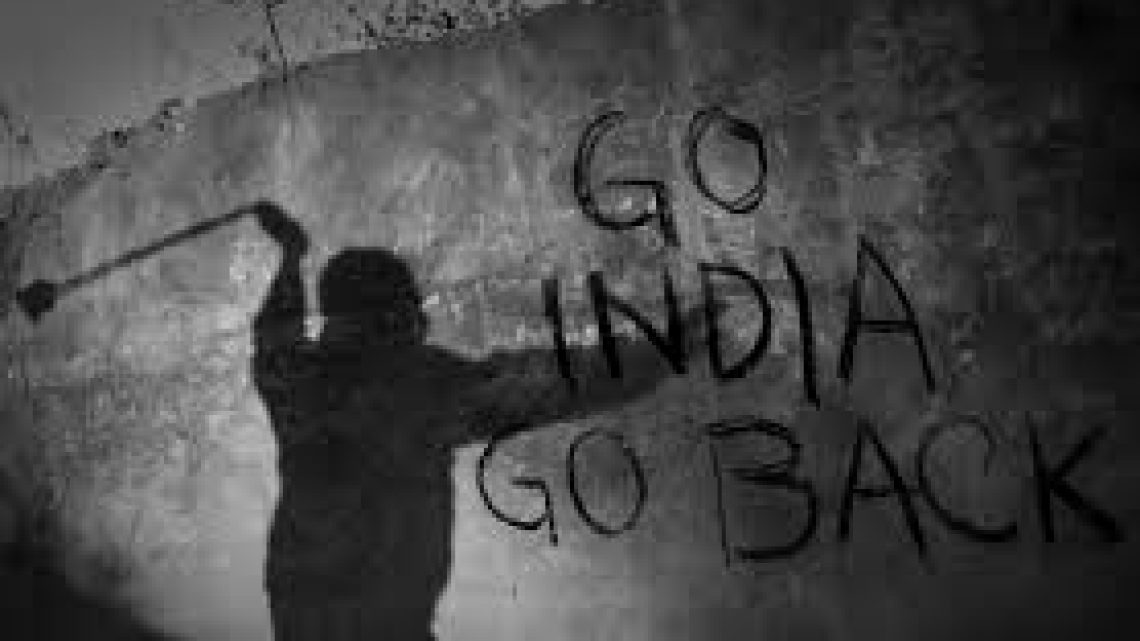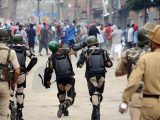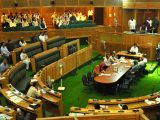
Black Day: Kashmir’s Struggle for Freedom
October 25, 2024On October 27th, Kashmiris around the world will observe Black Day. This is a sad reminder of India’s illegal occupation of their homeland, defying their aspirations.
The day will be marked by a complete shutdown in Indian illegally occupied Jammu and Kashmir (IIOJK). People will take to the streets, participating in protests, rallies, and seminars across Azad Jammu and Kashmir, and globally.
These events condemn the Indian Army’s invasion on October 27, 1947, and the revocation of Jammu and Kashmir’s special status by the Hindutva BJP government on August 5, 2019.
The All Parties Hurriyat Conference (APHC) has called for this shutdown, rallying support from various organizations. APHC leaders urge Kashmiris to showcase their determination to fight against Indian oppression.
Their message is clear: they will not rest until Jammu and Kashmir achieves freedom from what they describe as Indian slavery. The leaders are demanding global attention on the Kashmir dispute, highlighting the rampant human rights violations faced by the local population.
They call on the international community to act and ensure Kashmiris receive their right to self-determination, as outlined in United Nations Security Council resolutions.
In Indian illegally occupied Jammu and Kashmir, posters have emerged in cities like Srinagar, Baramulla, and Pulwama, urging residents to join the shutdown. These posters feature prominent Hurriyat leaders, including jailed chairman Masarrat Alam Butt and others, conveying a defiant message.
The slogans boldly assert that intimidation will not deter their quest for freedom. The phrase “Even on the gallows, we will declare that Kashmir is a dispute” encapsulates the unyielding spirit of the Kashmiri people.
The APHC and supporting organizations portray October 27, 1947, as a dark chapter in Jammu and Kashmir’s history. Social media platforms are flooded with these messages, amplifying the call for solidarity and resistance.
The historical context is critical: on October 27, 1947, Indian troops violated the Partition Plan by invading Jammu and Kashmir, disregarding the will of its people. This act of aggression initiated a long-standing conflict that continues to wreak havoc on the region.
Kashmiris are resolute in their demand for justice. The call for Black Day is more than a protest; it’s a declaration of their rights and identity.
As they rally against the oppressive regime, they remind the world of their suffering and aspirations. The silence from the global community on this matter is a glaring indictment of international inaction.
Kashmiris will continue to resist until their voices are heard and their rights are recognized. Black Day serves as a solemn reminder of their struggle and the urgent need for justice.

